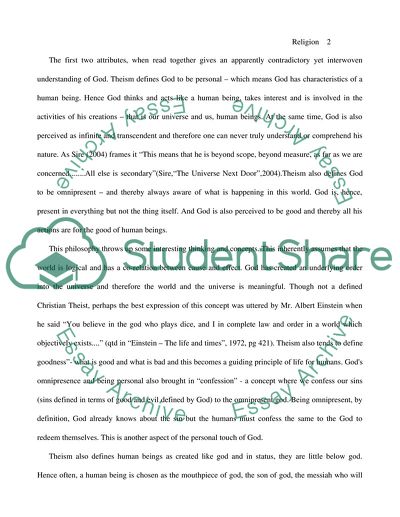Cite this document
(“Compare and Contrast Religion Essay Example | Topics and Well Written Essays - 1500 words”, n.d.)
Retrieved from https://studentshare.org/miscellaneous/1552727-compare-and-contrast-religion
Retrieved from https://studentshare.org/miscellaneous/1552727-compare-and-contrast-religion
(Compare and Contrast Religion Essay Example | Topics and Well Written Essays - 1500 Words)
https://studentshare.org/miscellaneous/1552727-compare-and-contrast-religion.
https://studentshare.org/miscellaneous/1552727-compare-and-contrast-religion.
“Compare and Contrast Religion Essay Example | Topics and Well Written Essays - 1500 Words”, n.d. https://studentshare.org/miscellaneous/1552727-compare-and-contrast-religion.


